At the start of summer, Nicholas “Aspect” McGuire came to his mom, Bonnie McGuire, with a proposition: He was going to dedicate the next couple months solely to Fortnite: Battle Royale, with a goal of being signed before school started back up again.
“At that point, the whole concept of [Fortnite] being an industry versus a hobby was still relatively new to me,” Bonnie McGuire told me over a group Discord call with Nicholas. “But he was 15, so I said, ‘Hey, it’s your summer. Go for it.’” And over the summer, Nicholas did play a lot of Fortnite from his home in Pittsburgh—sometimes eight to 10 hours a day. But because he was 15, he couldn’t compete in Fortnite developer Epic Games’ official tournaments, which only allow competitors age 16 and up. Nicholas earned a reputation though, and a spot in Fortnite’s pro Discord, “where all the best players play,” he said, laughing. “Mom, you’re breathing into your mic.”
By mid-September, before he turned 16 in October, Nicholas was signed to Sentinels, the organization that manages the Overwatch League’s Los Angeles Gladiators. Since then, he’s racked up more than $56,000 in prize winnings—$33,000 of which was earned just three days after he turned 16 at the Fortnite Fall Skirmish Series in North America. Nicholas took first place in that event as a duo with Team Envy’s David “LeNain” Bois. A week later, he placed fourth in the solo event. (He’s now the youngest player to win a Fortnite Skirmish.)
“I don’t know any other people whose kid is gaming at this level,” Bonnie said. “The initial reaction I get from a lot of people is, ‘What do you mean you let him game like that?’ I often have to spend time explaining that if he was as good at football or baseball or any traditional activity as he is at gaming nobody would be questioning the fact that I let him do it, or the amount he plays.”
Bonnie’s up against pervasive rhetoric about the dangers of video games—right now, Fortnite is the most popular game in the world and the target of choice. Fortnite’s expansive reach thrust it into mainstream media coverage for its potential “dangers,” following a tradition of skepticism toward new technology. It’s a wide-open world that’s hard to monitor, and bad behavior isn’t necessarily uncommon. But there’s a lot of good to come from the game, too; kids aren’t just zoned out in front of a screen.
Across all levels of Fortnite, players are making connections and honing coordination and team-building skills.
“[Nicholas] has learned how to communicate effectively in a whole different mode than what’s traditional,” Bonnie said. The electronic aspect of Fortnite’s communication system makes interpersonal relationships harder to contend with, she said. Finding context in someone’s response, be it over text or Discord call, is hard without a visual—there are no cues to read. “That’s a skill a lot of people take a lot of time to acquire,” Bonnie added.
Since starting his professional career with Sentinels, Nicholas has switched over to online schooling as a way to balance a traditional school load with Fortnite practice and staying healthy. His schedule works to his strengths. School often sandwiches his Fortnite time, first in the morning—11am or noon—and then late at night after practice. “Some days I have to make him get up and do schoolwork because he’s a typical teenager,” Bonnie said. “But he gets it done. He’s a good student.”
School for a Fortnite pro is asynchronous, so there’s no set schedule. If you get the work done, you’re good. Letting him register in an online school to better work with Nicholas’ Fortnite schedule wasn’t a hard decision, Bonnie said—Nicholas’ older sister, Tori, did a year of it, too. “He gets more done late at night than he realizes,” she added.
It allows for an easier travel schedule, too. Nicholas—and his sister and dad—flew out to San Jose, California from Pittsburgh to compete at TwitchCon’s Fortnite Skirmish in late October. He didn’t end up qualifying for the event, but it’s essential LAN practice for the young player. A way to work out the nerves of an offline event, something way different than playing in online tournaments. But his family used the time to practice their deep-breathing skills, too.
“His matches are nerve-wracking whether he’s online or off,” Bonnie said. “I always tease him because his sister was a competitive cheerleader for 15 years, but that made me really nervous for two and a half minutes. The whole four hours for a Skirmish is incredibly nerve-wracking.”
Bonnie’s learning the ins-and-outs of Fortnite, but said she’s still got a ways to go. “I’ll be thinking he’s doing great and next thing I know he’s been eliminated or vice versa,” she said. “But my husband is very much into it. He watches him continuously, but he doesn’t seem to get nearly as nervous as I do.” (Surely, he was watching all night as Nicholas participated in a 24-hour stream to benefit local children’s hospitals.)
Nicholas’ sister plays Fortnite, too, often on stream with him. She’s the one who got him into gaming, he said. “When I was six or eight, one of those ages, we got a PlayStation 3,” Nicholas said. “My dad, sister, and I all played on it. Eventually my sister moved to PC and was playing Minecraft and League [of Legends].” He stayed on console for a bit—and Bonnie said that’s when the house was most calm. No competition over who’s the better PC player at the game they eventually came to play, Overwatch. “It’s fun to watch Tori and Nick stream together,” Bonnie said. “She can hold her own. I just watch because their streams are entertaining. It’s her brother, so she picks on him.”
As for Bonnie, she’s unlikely to meet Nicholas in Fortnite. “I’m a very competitive individual, so in order for me to play it, I’d have to be good at it,” she laughed. “I don’t have that time.”
From here, it’s back to grinding for Nicholas—now that he’s on a professional team he’s got more opportunities to play. Fortnite’s esports scene is still growing. Across Fortnite’s first season, Epic is awarding top players a piece of a $100 million prize pool. World Cup qualifiers begin in 2019. Tournaments will be held around the globe. There’s a lot to prepare for, and he’s got the support to do it.


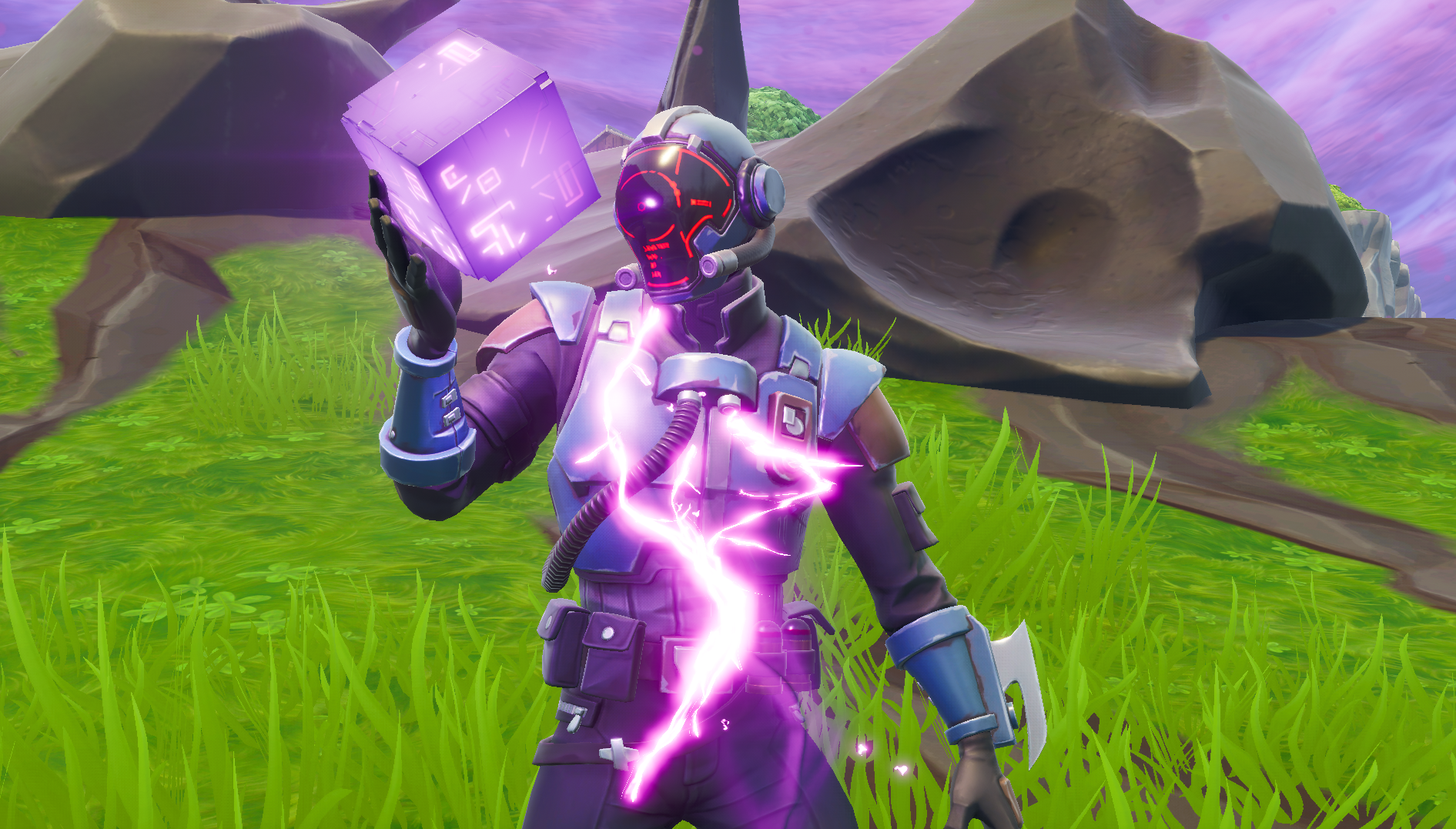
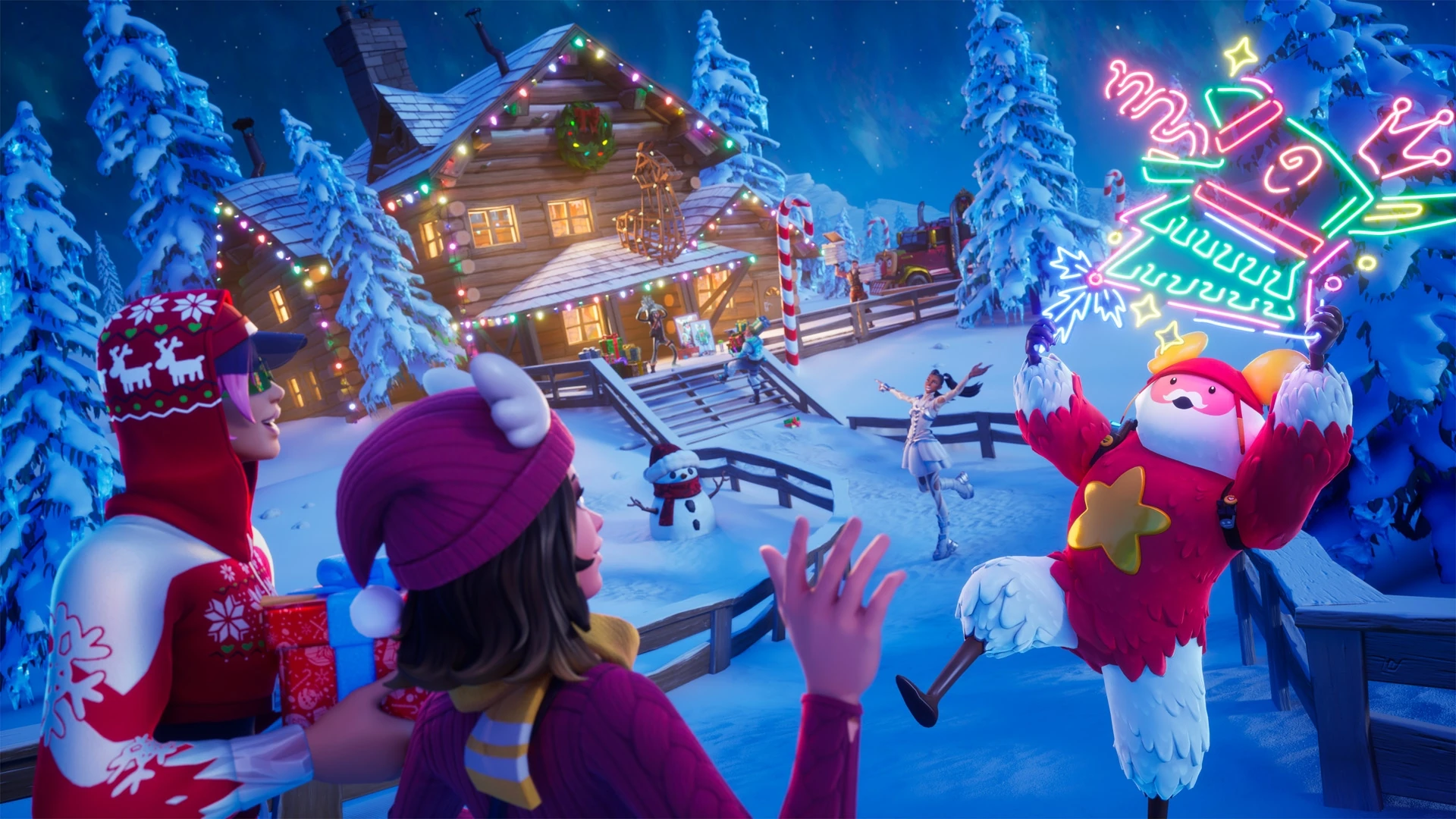
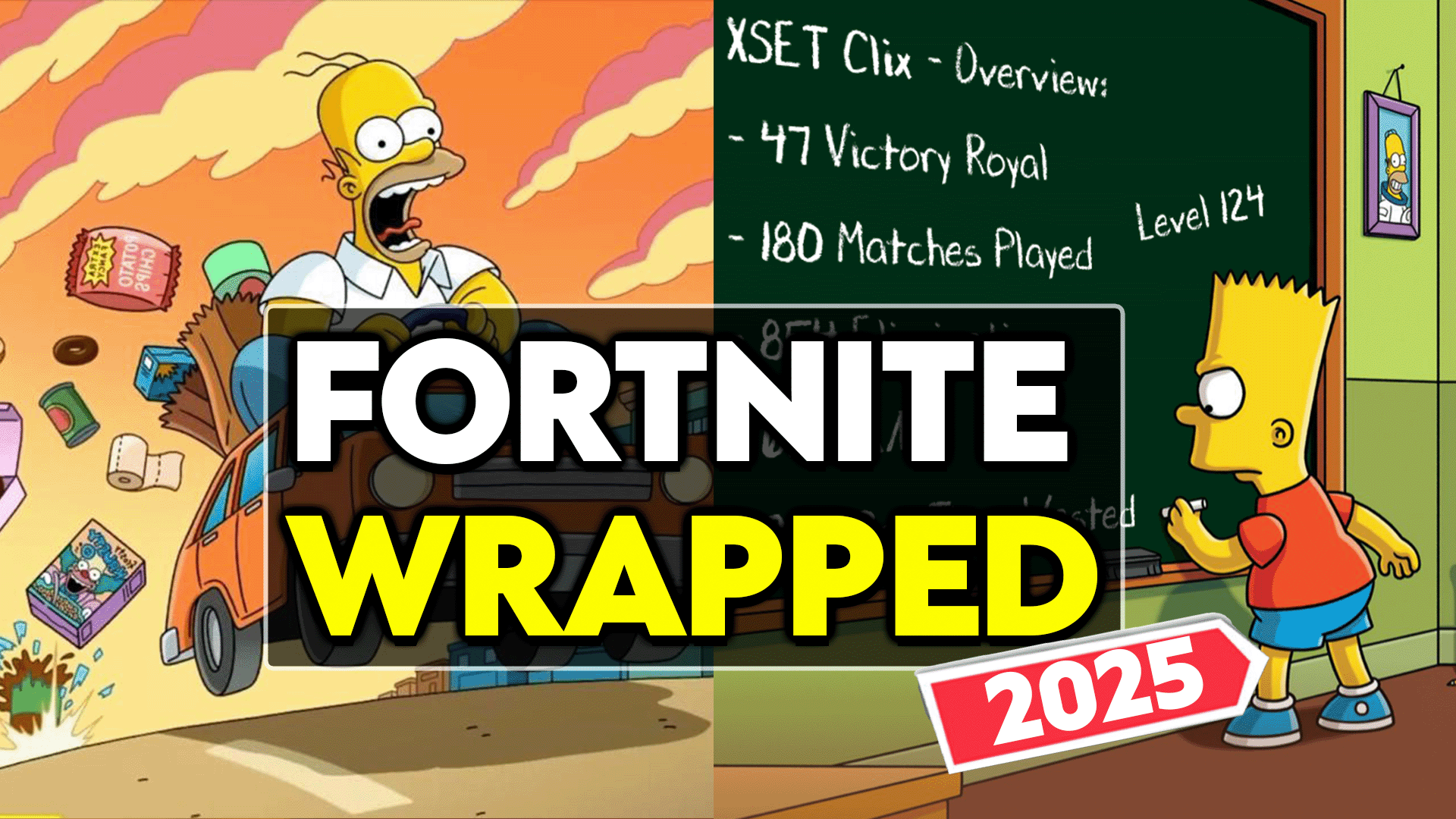
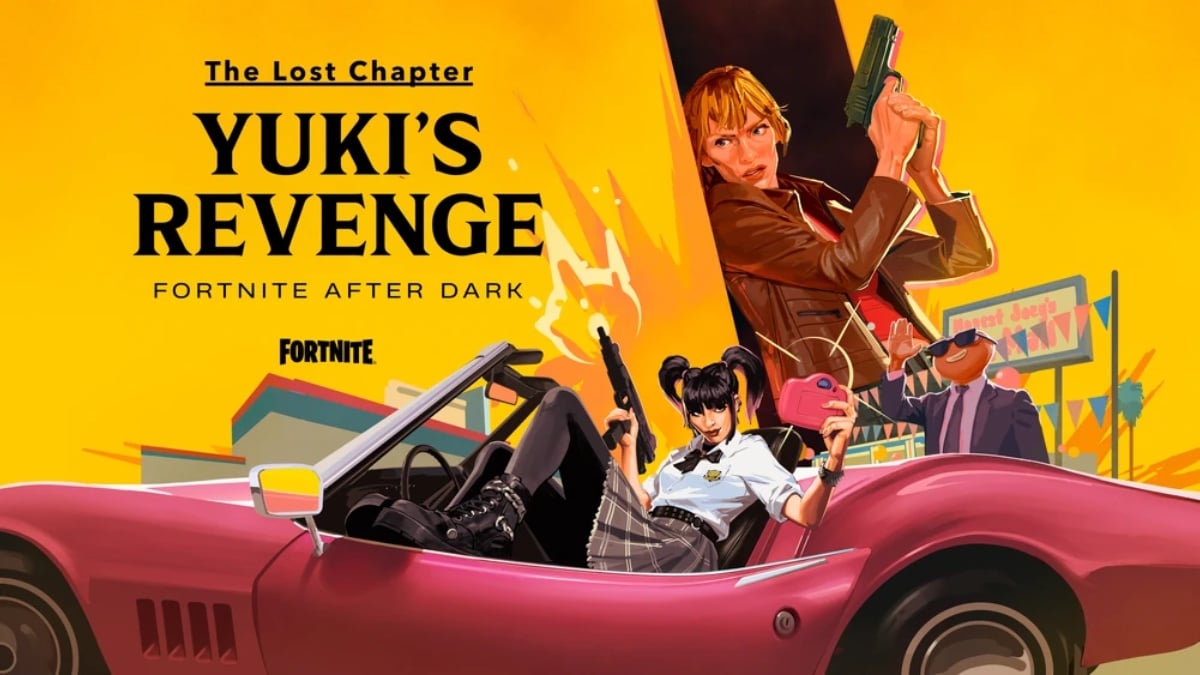
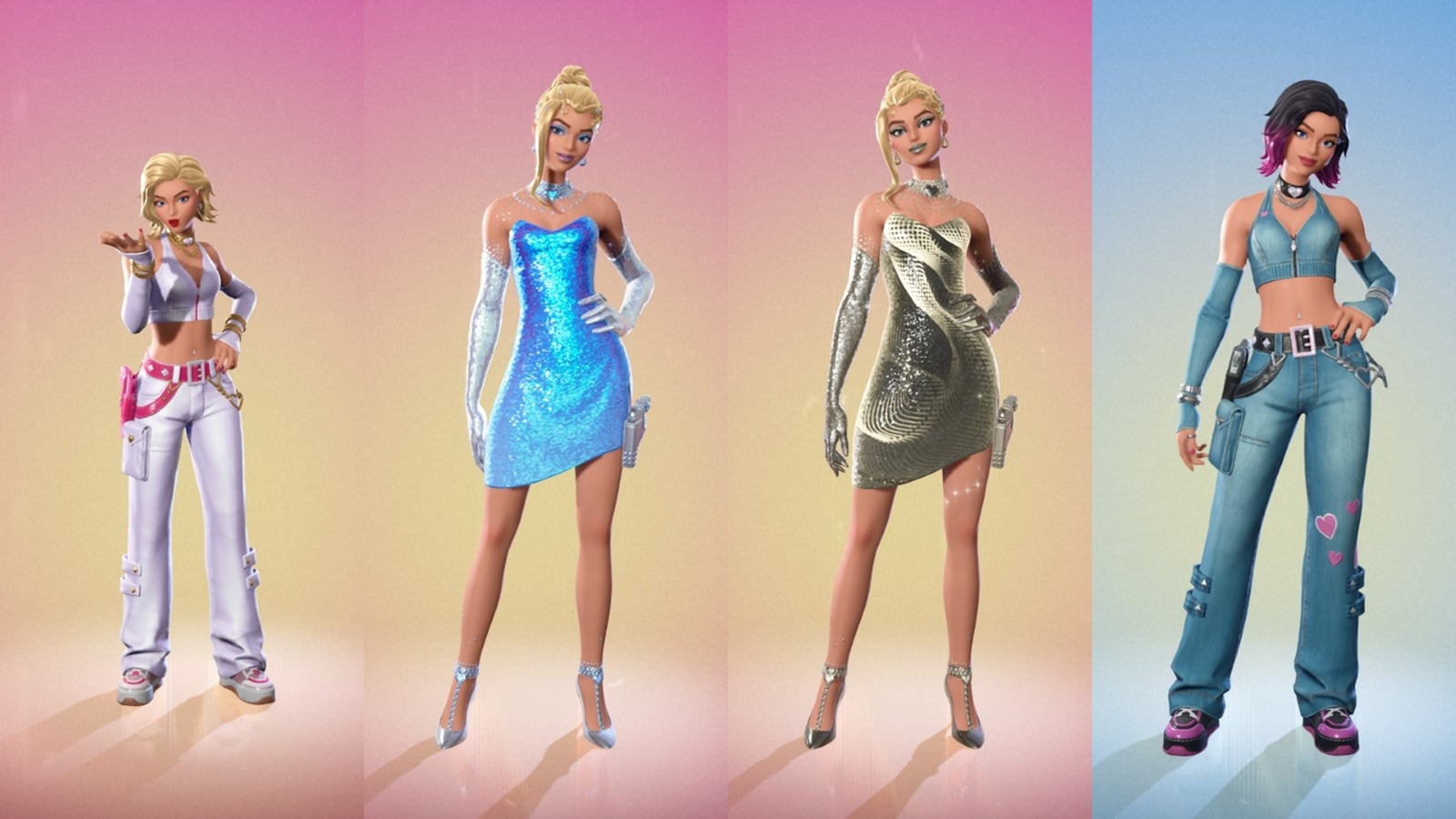


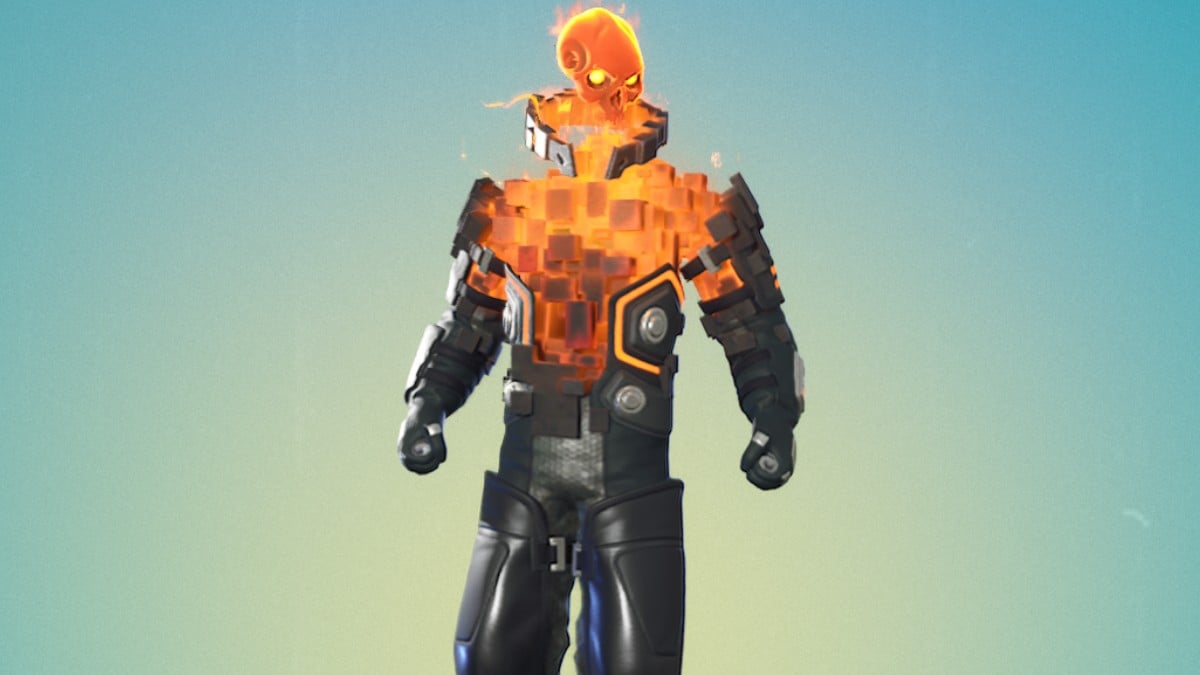

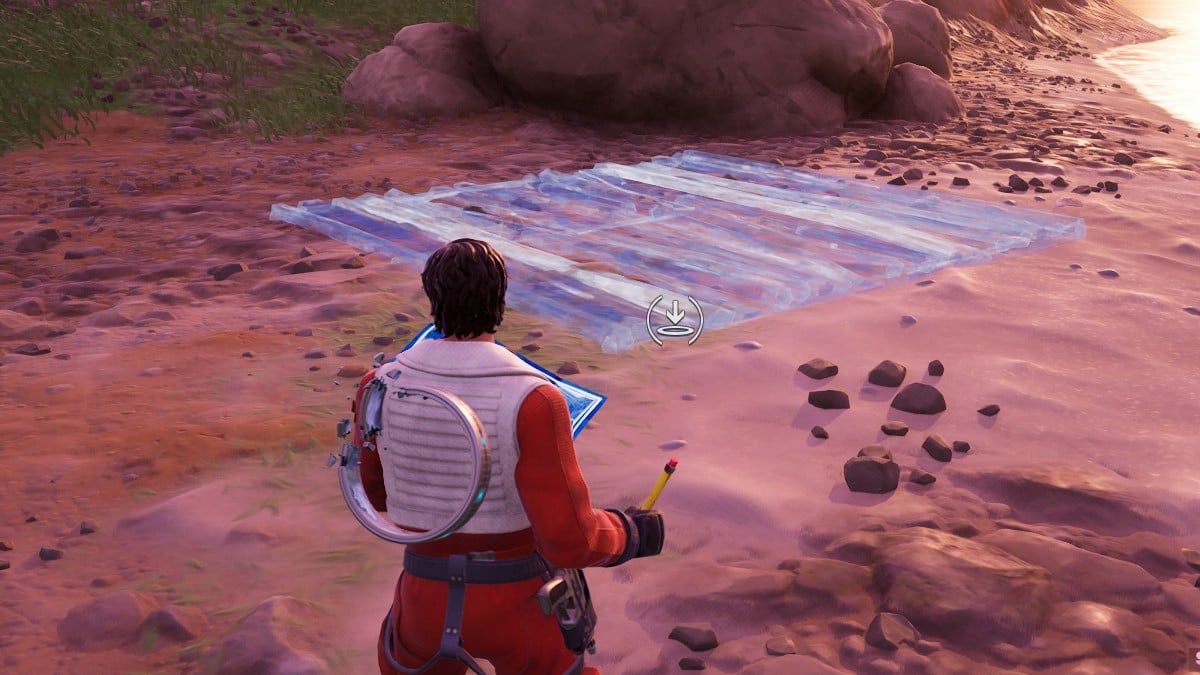
Published: Nov 14, 2018 11:52 am